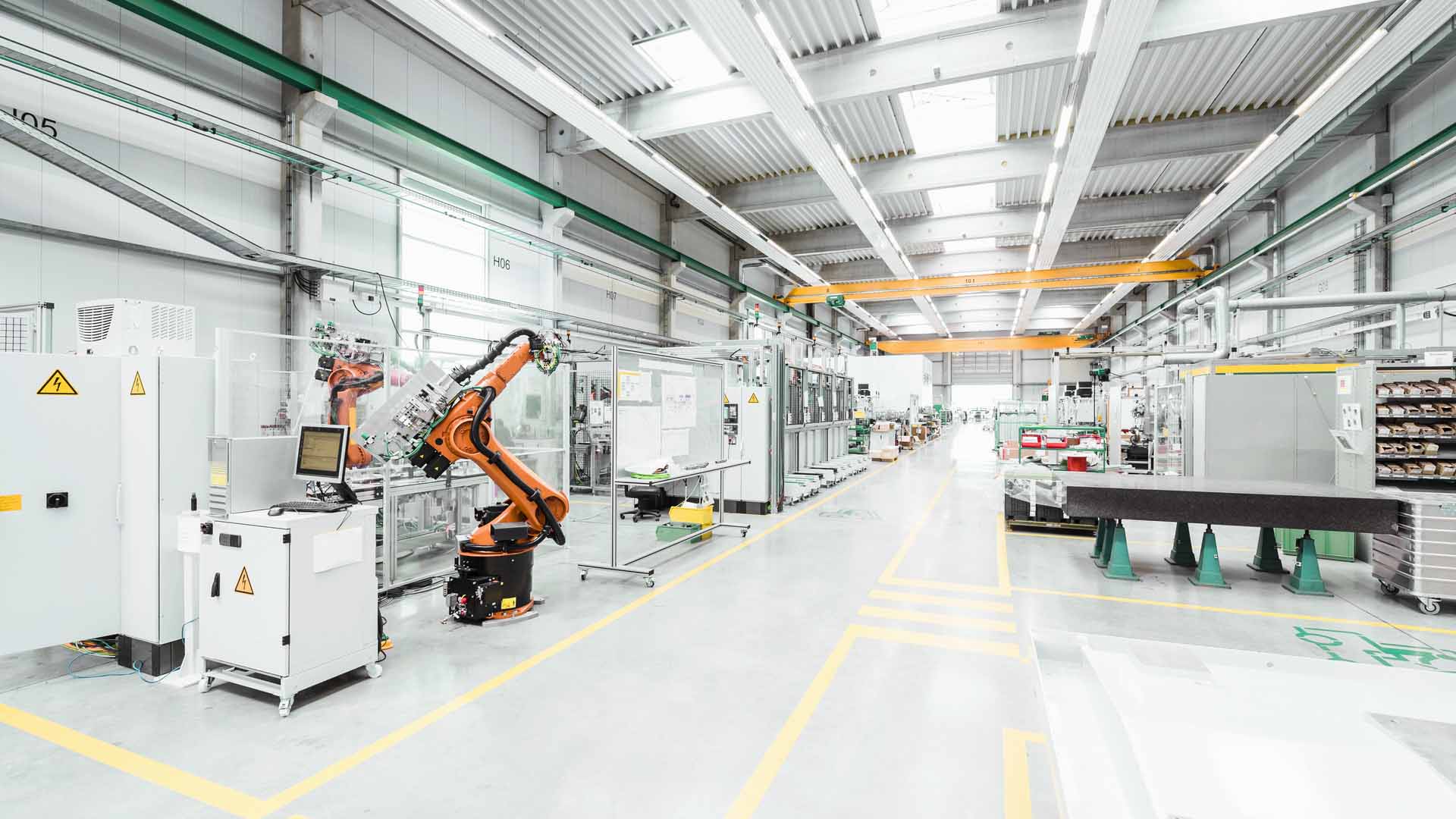The shifts in ways of working and the persistence of remote work even after the pandemic lockdown mean that commercial property must now be flexible and adaptable to combinations of in-office and remote work. Considering this current environment, which is better? Should you rent or buy a property for your business?
Navigating the commercial property market
The South African commercial real estate market is on the rebound and trending upwards in size and value after the pandemic slump, according to a survey by Property24. It is expected to grow from its current value of around R184 billion to R307 billion by 2029, a compound annual growth rate of almost 11%.
Nevertheless, it may be the right time to look at buying commercial property for your business. Provided that the market growth continues, your asset will increase in value, and once it’s paid off, the amount you were paying previously in rent or loan repayments will disappear from your balance sheet and improve your bottom line.
However, no matter what kind of business you’re running, you should be aware of some important shifts in the commercial property market:
- Hybrid working: Covid forced many businesses to explore flexibility in how people work, and hybrid working has become commonplace. As a result, you may be able to negotiate leases and mortgage loans on favourable terms for business properties, especially office space.
- Storage and warehousing: The rise in e-commerce is driving increased demand for business property with adequate storage, warehousing and logistics capability. Industrial real estate is expected to become more expensive – something to be aware of if your business needs it.
- Opportunities offered by suburban rezoning: Many commercial properties have sprung up in suburban areas, where rezoning has made this possible (see below for a guide to current rules on commercial zoning of property). Though small-business premises, especially in light industry, are concentrated in urban areas, moving out to the suburbs has advantages like lower population density, less traffic, easier staff access and more space.
- Adaptive reuse: As the business landscape changes, so does the need for commercial property. Many old or underused buildings are being repurposed as restaurants, event venues or food markets, presenting attractive business opportunities.
If there are no existing zoning regulations in place, you may need some help with the planning and application process
Leveraging mortgage debt on commercial property
The negative impact load-shedding has had on property owners means that there are far fewer new-build projects coming onto the South African market, presenting opportunities for small businesses to buy premises or buy-to-let. Converted or repurposed retail and industrial properties could offer a solution to your small business.
Understanding business rights zoning
Buying a property for your business requires a building in the right location, whether it’s a retail, industrial or office property. If you’re looking in suburban areas, make sure the property already has approved zoning in place for your type of business. Such properties, especially in sought-after areas or developments, are easy to sublet and can be profitable.
Consider the following 3 main factors when you’re looking at properties zoned for business rights:
- Coverage – the maximum area of land on which you are allowed to build.
- Floor area under roof – the maximum floor area under roof allowed.
- Density – the number of dwellings allowed per 10,000 square metres.
In business or commercial zoning, these factors apply to different zoning categories in different ways.
Business or commercial zoning
Business 1: This applies to general business, particularly retail, usually shopping centres. They are largely unrestricted in terms of what type of businesses are accepted.
Business 2: This category also includes shopping centres, but with certain restrictions that usually apply to the property’s immediate surroundings. For instance, a restriction may be placed on opening a bottle store if the centre is adjacent to a school or popular child-friendly venues.
Business 3: This category prevents a wide variety of businesses (like nightclubs) from operating in a centre or an area.
Business 4: This category provides for office use and is usually associated with dedicated office parks, common around South African cities.
The availability of parking for your business is an important consideration, and it can also affect what kind of zoning a property attracts. There may also be rules regarding the proximity of certain types of businesses to others.
Industrial zoning
Industrial zoning, especially for light industrial premises, allows for less coverage than retail or office properties – typically up to 70%.
Industrial 1: This category provides zoning for standard factories, warehouses or storage depots.
Industrial 2: This zoning is specifically for operations that can involve noxious and/or unpleasant odours and emissions, such as abattoirs, foundries or glue works.
Industrial 3: This zoning provides for specific applications, such as specialist workshops or mini-factories.
Combination-use zoning in certain properties is also possible and can be useful in properties where the community that the business serves, or a special project, needs it. If there are no existing zoning regulations in place, you may need some help with the planning and application process. It can be complicated and lengthy without specialist advice.
Consult our specialist business team for more information on commercial property investment and finance.







